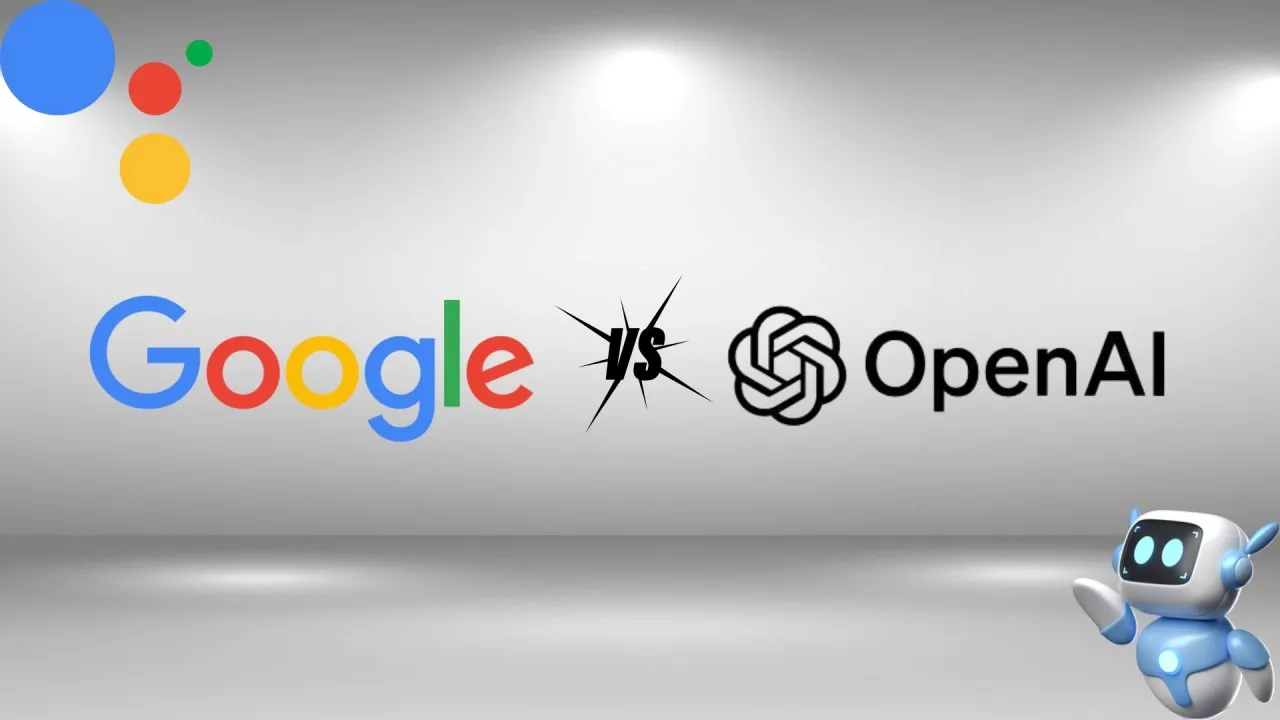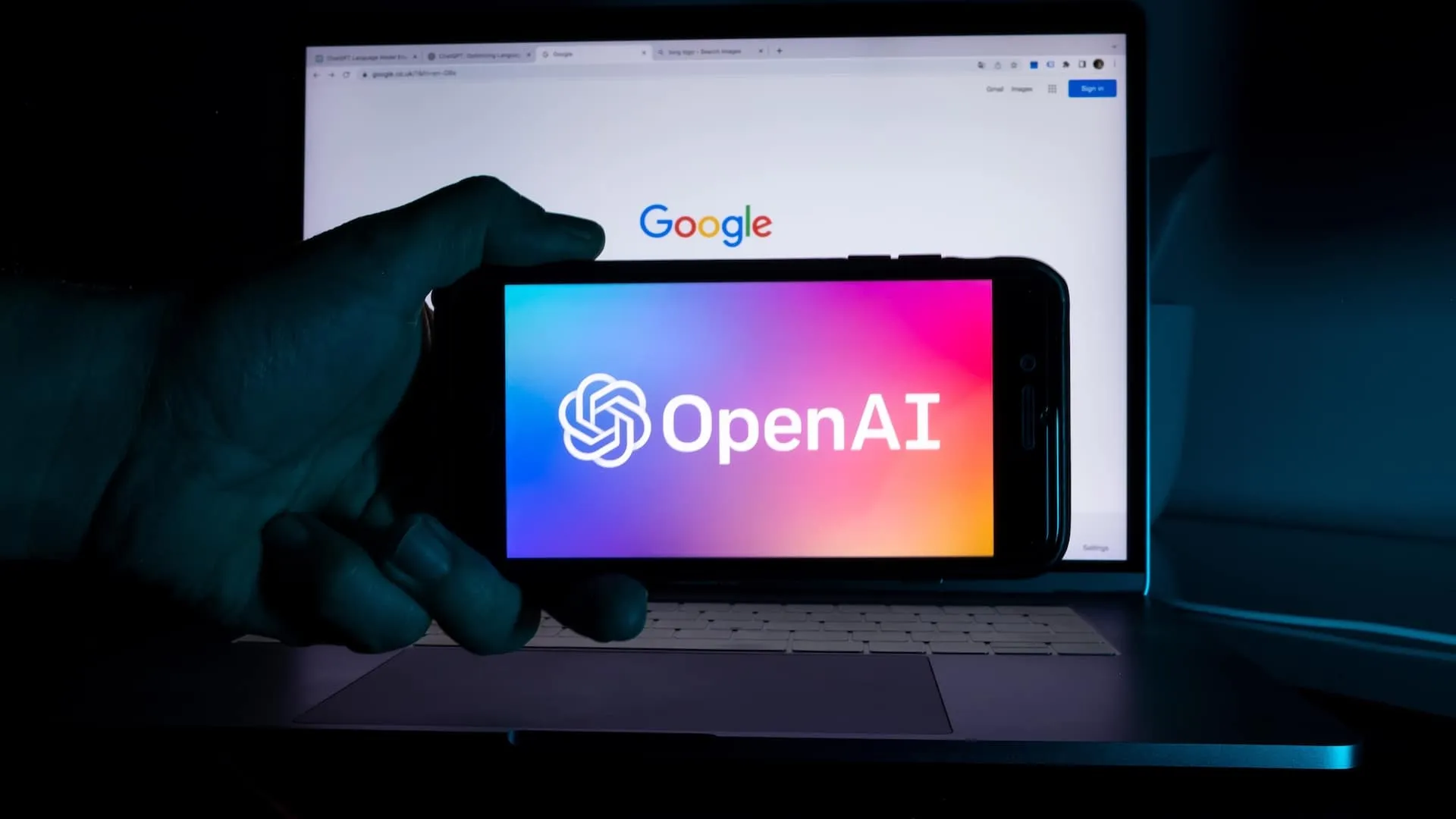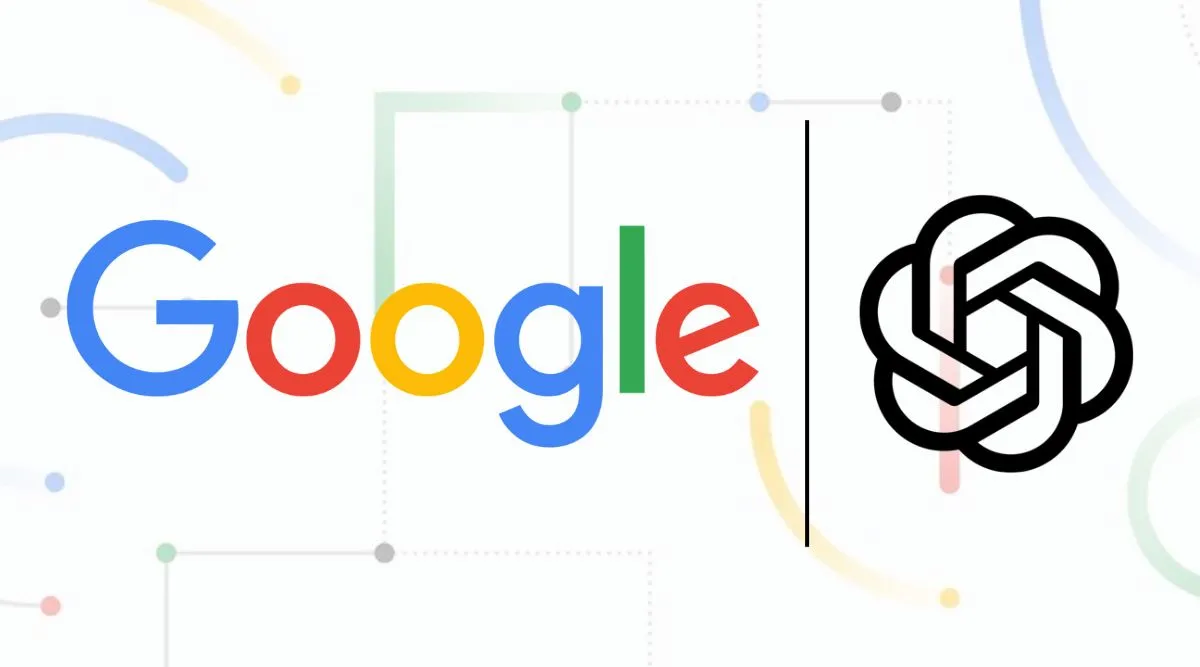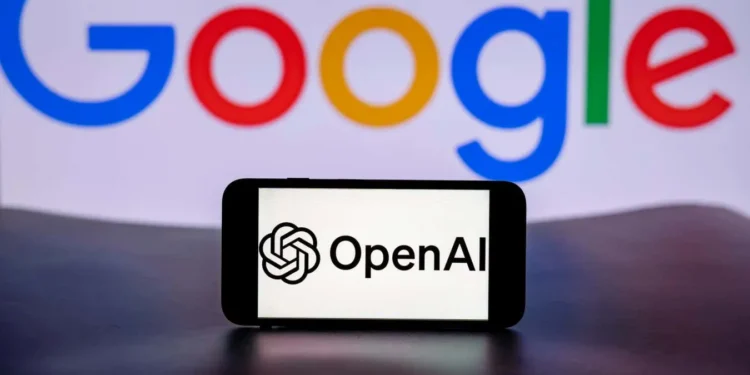In a dramatic escalation of the ongoing antitrust proceedings against Google, the U.S. Department of Justice (DOJ) has enlisted Nick Turley, OpenAI’s Head of Product for ChatGPT, to testify in its high-stakes battle to dismantle alleged monopolistic barriers erected by the tech behemoth. This move comes after a landmark decision last August when a court ruled that Google has maintained an unfair monopoly in the search engine market, a ruling that Google is currently appealing.

OpenAI and Tech Giants Rally as DOJ Sharpens Its Case
As the DOJ prepares to present its case for stringent penalties against Google—which could include radical measures like spinning off significant products such as Chrome or imposing a decade-long ban on developing new browser technologies—it has called upon key figures from tech industry rivals. The testimony of executives like Dmitry Shevelenko, Perplexity’s Chief Business Officer, alongside Nick Turley, aims to highlight the significant hurdles new entrants face in the tech landscape dominated by Google.
Nick Turley’s Expected Testimony: A Deep Dive into AI and Search
Turley’s impending testimony is anticipated to cover critical topics including the integration of generative AI with search access points, market distribution strategies, barriers to entry for new competitors, and data sharing practices. These themes mirror the inquiries the DOJ has planned for other executives, underscoring the comprehensive nature of the government’s scrutiny into how Google’s practices may stifle competition.

The focus on “search access points” like Google Chrome is particularly poignant, especially considering the October 2024 launch of ChatGPT’s own AI-powered search browser, which marks a significant milestone in diversifying the tools available for internet users.
A Contentious Battle Over Evidence
In preparation for Turley’s testimony, Google has issued a subpoena demanding OpenAI produce a wide array of documents. This has sparked a contentious exchange between the two companies, with OpenAI’s legal team accusing Google of using the subpoena as a pretext to harass its executives. OpenAI has consented to release some of Turley’s work-related documents, focusing on AI strategy and its integration into search products, as well as details on its partnership with Microsoft.
However, Google’s insistence on obtaining more extensive documentation, including records predating the November 2022 launch of ChatGPT, suggests a strategy to challenge the credibility of Turley’s testimony by highlighting potential inconsistencies with earlier company practices. This request has been met with resistance from OpenAI, which argues that such old documents do not accurately reflect the current dynamics of AI technology and market conditions.

As both sides prepare for the evidentiary hearing, the outcome of this case could have far-reaching implications not only for Google but for the entire tech industry. The testimony of Nick Turley and others may play a pivotal role in shaping the regulatory landscape for AI and search technologies, potentially paving the way for more robust competition and innovation.










